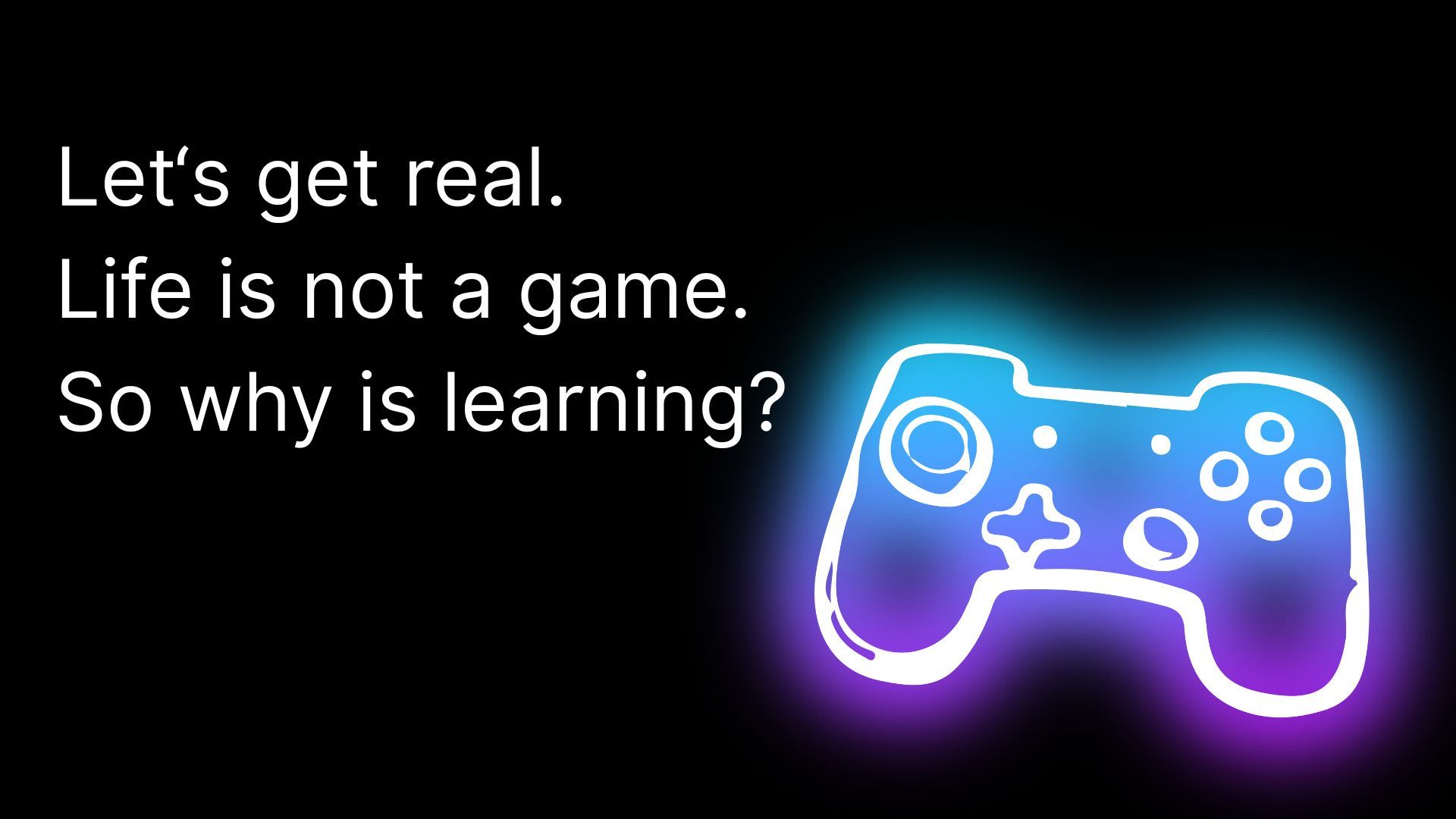Devil's Advocate - Is gamified learning causing more harm than help!

It’s time we face an uncomfortable truth: the gamification of learning is doing far more damage than most of us care to admit.
Everywhere you look, classrooms and learning platforms gleam with badges, points, streaks, and leaderboards. Supposedly, these game-inspired features are ushering in an age of motivation and engagement. In reality, they're undermining the very purpose of education and turning learning into a hollow, superficial endeavor.
We’re teaching children to value prizes, not knowledge
Let’s call it what it is: gamification trains students to chase rewards rather than pursue understanding. Once, the reward for grappling with an idea or solving a tough problem was the “aha” moment, a quietly earned confidence. Now? Learners jump through digital hoops for instant gratification. The result: curiosity is choked out by the quest for trinkets.
When education is reduced to accumulating tokens on a screen, what space is left for reflection and wonder? We court a generation who measure progress not by questions asked or ideas challenged, but by virtual trophies collected.
Intellectual depth is the first casualty
Gamification preys on low-hanging fruit. It celebrates speed, surface-level recall, and the relentless clicking of “next.” But real intellectual engagement is slow and sometimes messy. Understanding Shakespeare, grasping calculus, or pondering history’s ambiguities requires patience. There are no shortcuts to depth.
Yet, gamified systems—obsessed with measurable progress—reward the shallowest kind of participation. The deliberate thinker or the one who ponders, who revisits tricky questions, is left in the dust. Over time, the message is clear: thoughtfulness is a liability.
The addiction nobody talks about
Worse, we are cultivating addicts to artificial praise. Studies on the over justification effect show that when external rewards are dangled in front of an already meaningful activity, intrinsic passion withers. If a child starts out enjoying science, but time and again is told the joy comes from a badge for every completed module, their natural interest withers. The bait becomes the goal.
What happens when the points are gone, when the next app or classroom doesn't dole out instant rewards? Engagement collapses. Instead of learners, we have reward-chasers.
Learning is not supposed to be a game
Somewhere along the way, we've blurred the lines between play and work, fun and depth. We need to remember that not every meaningful experience is fun. Struggle, discipline, boredom, these are not the enemies of learning. They're the crucibles in which true growth happens.
Turning every lesson into a “fun-first” spectacle is not just misguided. It’s a disservice. We are robbing students of the satisfaction that comes from wrestling with hard ideas and seeing themselves persevere.
Let's return to substance
It’s time for educators, designers, and policymakers to move away from gamification. True engagement comes not from dangling ever shinier carrots, but from inviting learners into dialogue, challenge, and discovery.
The reward we should offer is the growth of the mind and character—not an endless stream of gold stars. Let’s end the gamified charade and restore to learning what it truly deserves: seriousness, meaning, and depth.
At Flintolabs, we move past the quick wins of gamification by giving students space to think deeply. Using AI-assisted inquiry-based learning, students explore a topic by conversing with a carefully controlled AI that guides their curiosity and helps uncover key insights. They also face our AI Challenger Bot, which debates within defined guardrails to push them to consider different perspectives. This combination fosters genuine critical thinking, engagement, and a deeper appreciation of learning itself.
Let us know in the comments what you think? What methods do you use that uses AI effectively?
Comments (0)
No comments yet. Be the first to share your thoughts!


